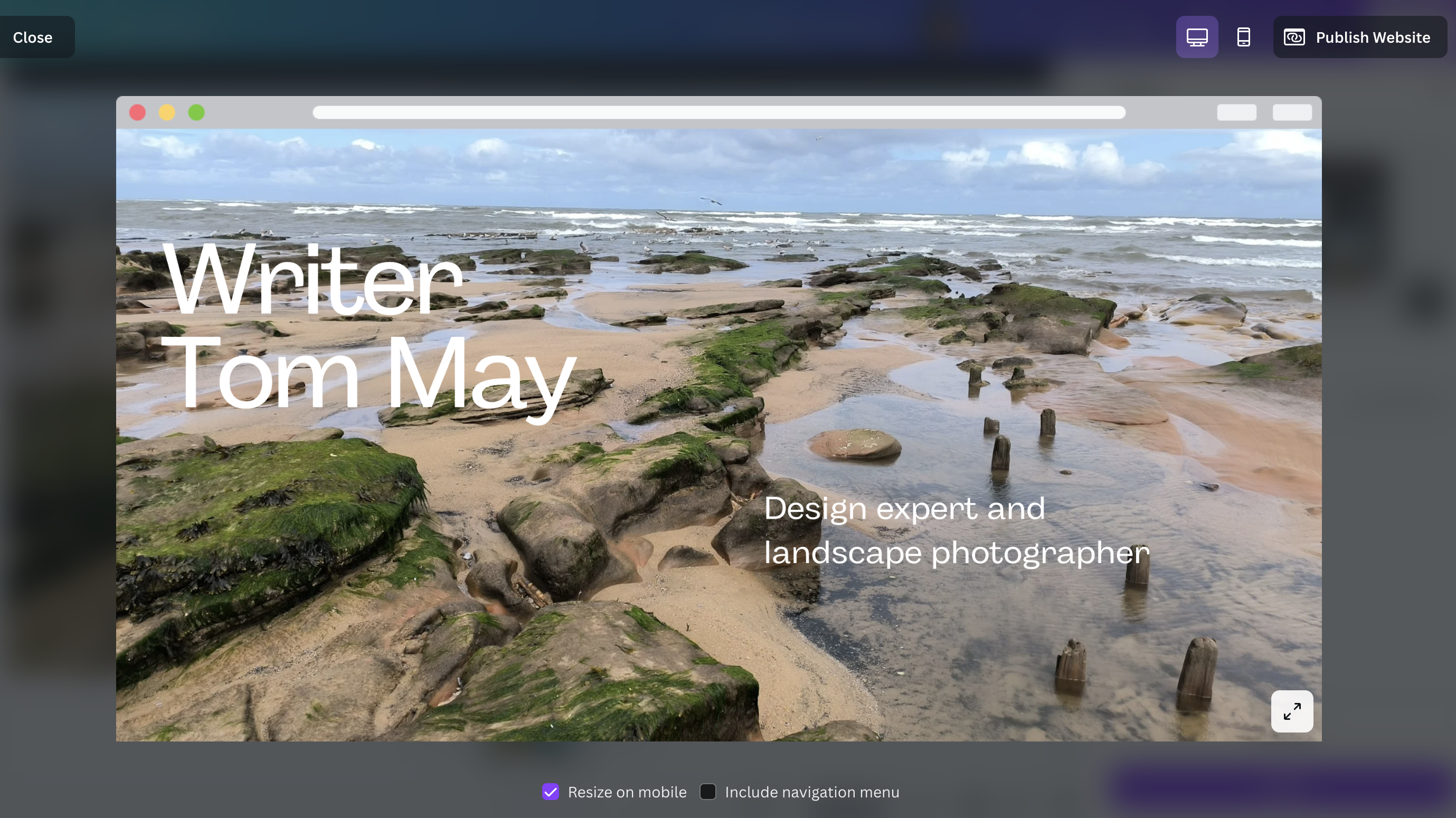Does it pay to specialise as an artist?
Is it a case of Jack (or Jane) of all trades or should you dip your toes in many waters as an artist?
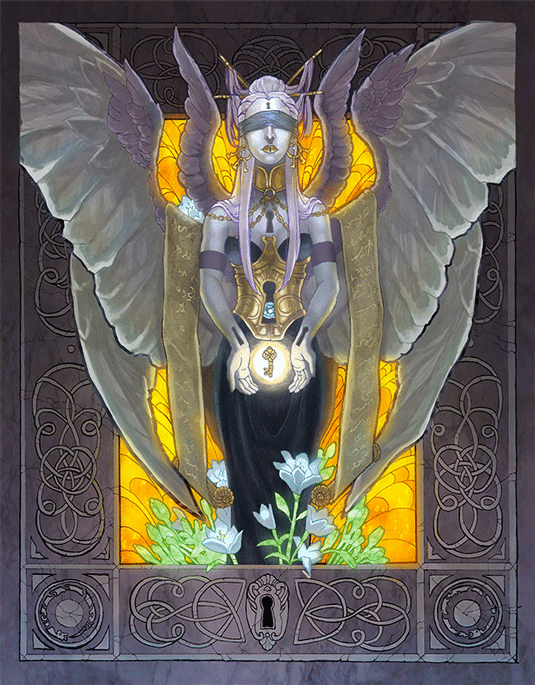
It can be a dilemma when you're a professional artist: should you 'box' yourself and cater to a specific niche? Or does it pay to specialise?
For some, a niche comes naturally – a life long obsession of the macabre or a love affair with fairies and unicorns. For others, there can be a pressure to stray away from an initial passion and try new things that don't always not spark their imagination quite so rapidly.
We spoke to a range of professional artists to ask their opinion on whether having a niche has been beneficial to their career, or being more flexible has earned them the work.
Don't force it
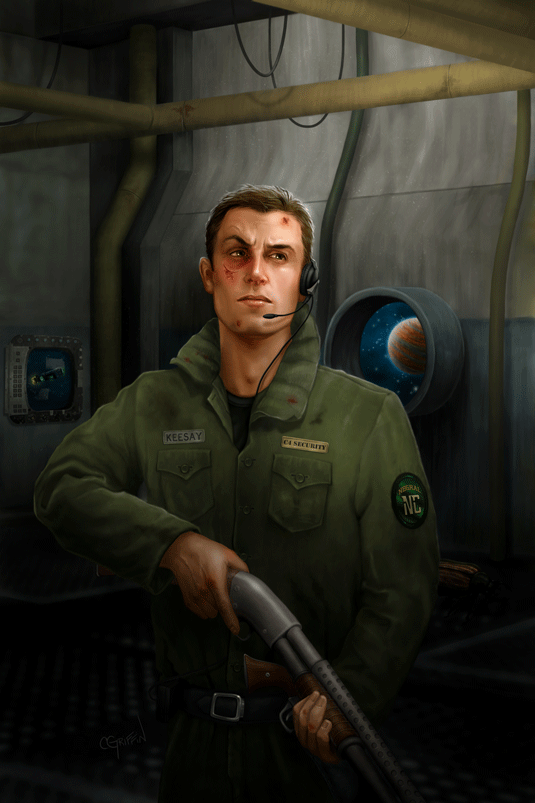
"Looking at some of the artists whose careers I covet, all of them advise specializing," says Cris Griffin, who is eager to find her place.
However, "if you try to force a style or speciality, it won't come," says concept artist, Samantha Hogg. "It's something that's kind of built into you and how you experiment with your stuff. Some find it faster than others, that's for sure!
"I've been lucky with my jobs, they've allowed me to build a really wide skill range. You've just got to figure out what really lights your candle and what's just a passing phase, that's always been the tricky thing for me."
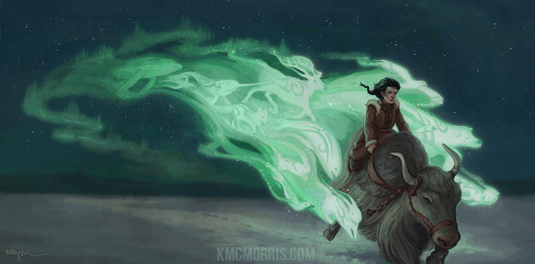
"I've always just gone with the rule of following what I really desire to paint the most, and that if I loved it enough, then it would show through the art, and an audience would find me," reveals Stephanie Law. "And so far *fingers crossed* that has been my (maybe charmed?) experience from the start."
Stephanie has found a niche in her specialisation of traditional watercolour paintings, dispite starting digitally.
If you try to force a style or speciality, it won't come
"I never really fit into the established niches that I saw. It bummed me out at times in the beginning because I wanted my art to fit the markets I could see, but my artistic desires didn't."
In the long term, however, it's been worth sticking to her own vision. "The doors I could see were not the only doors out there," she adds.
Targetting your audience
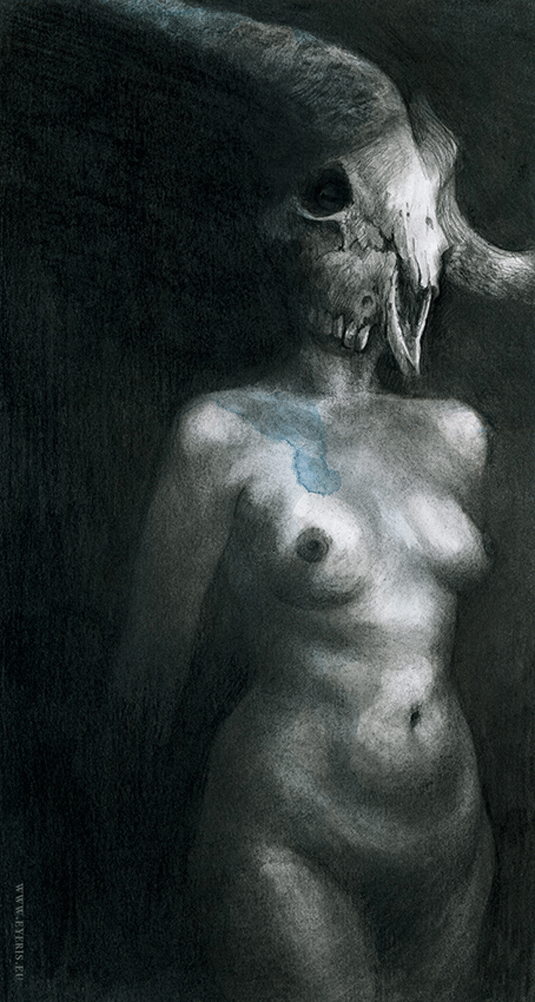
"I can't speak for the illustration market, but I will say that being a *good* jack of all trades has worked very well for me as a professional concept artist," says Samantha Hogg.
"I find being able to show people examples of a wide range of styles and genres has stood me in really good stead for the jobs I've applied for."
Samantha tailors her portfolio for specific clients. "I get the feeling it's harder to get noticed if you're a jack of all trades, because people can't neccessarily always immediately recognise your work.
"It also means that if people really associate with one piece of your art, they might not stick around to see more if it's a one off. So if you specialise, you probably grow an audience more easily around that. It's harder for AD's to immediately associate you with specific jobs."
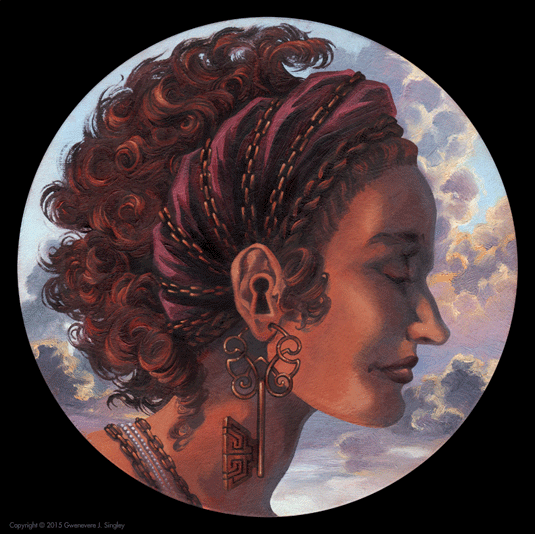
However, she admits, "it can also mean an AD will feel comfortable throwing anything at you because they know you're flexible," so it can be a double edged sword.
"I do think there is a truth in do ONE thing really well, and that is really unique and you will be set. But it does have to be super unique," adds Emily Hare.
Gwenevere Singley agrees, "you're lucky if you can settle on one thing. It makes life easier. "I know people who are quite content doing mostly environments, or creatures, or what-have-you, more power to 'em. But I know from long experience that just ain't me. I'm happier with total chaos."
Outside the box
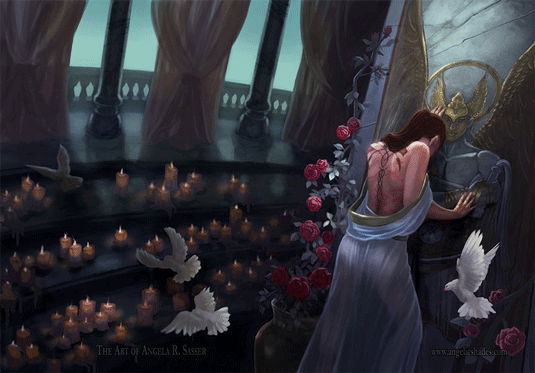
"An artist has to constantly evolve, despite niche," offers Cris Griffin.
Angela Sasser agrees: "I think it pays to have a niche because it helps an audience, collector, Art Director, etc. remember who you are and makes it easier for you to market yourself as a brand.
"However, it shouldn't block you from expanding and exploring if your passions lie elsewhere. It's easy to get pigeonholed early on and then realize that maybe that's not really where your inspiration lies later on. It's a trap that's easy to get stuck in, especially if the niche you've found pays well."
Iris Compiet concurs, "trying to box myself felt like constraining my ideas or even to quiet my voice as an artist.
Having a niche shouldn't block you from expanding and exploring if your passions lie elsewhere
It's like this: I love doing kids stuff, weird funny creatures that are cute and cuddly (with a twist mind you) but I also like the darker stuff. To stop doing either one would be, to me torture."
Iris still maintains her unique angle and "voice" throughout though, which is perhaps the aspect that you shouldn't let go of. "Everything I do has a little edge to it. Something different. So if there's a niche I guess that's it, that's my 'thing'… that little edge of weirdness."
She believes in experimenting and evolution, while maintaining her voice, she still has freedom to experiement with any new material that excites her.
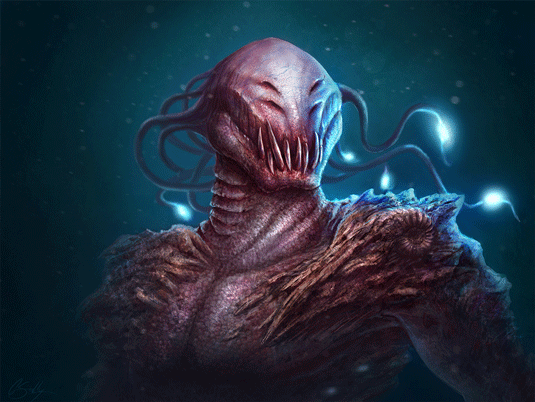
"Style to me is important and this style doesn't have to be limited to one single thing," Compiet says. "I do kids stuff, I make gallery art, book covers and sculpture, even make costumes and whatnot and in whatever I do I have my own way of doing those things.
"You don't have to limit yourself, just develop your voice. And development is training, is learning, is referencing, is copying and eventually putting everything into practice on that stage and just be the best you you can be."
"And as for 'master of none', I personally think that's a load of bull. Everything takes practice and you can master several things, you just need to work hard, evolve and learn.
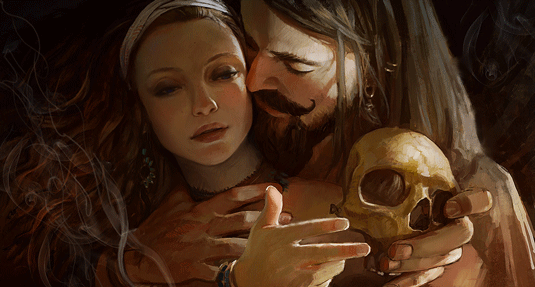
"Nothing is easy. And master level isn't something achieved in my life-time, I will hopefully always keep pushing, keep evolving and keep learning."
On the othr hand, Crystal Sully enjoys being 'boxed'. She is known for her horror monsters, and dragons in particular. "I seem to always get emails from game companies that specifically want dragons or monsters from me so I guess that seems to be working well because I enjoy painting them a lot. It's kind of nice to have people think of me for a particular thing."
Juggling act
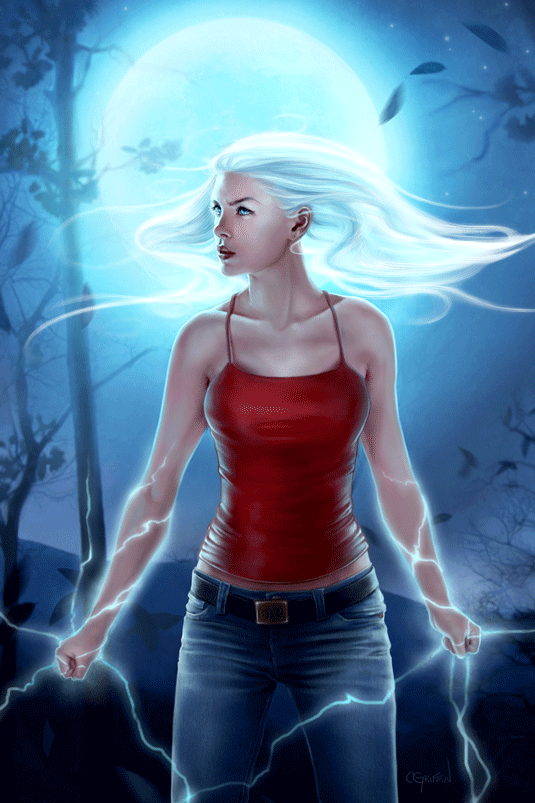
Freelancing is always a juggling act, but even if you have a solid 9-5 job in a studio, the mind of an artist is never settled. With your job so entangled in your own feelings and personality it's hard to keep it consistant, especially as humans just aren't.
While every artist is juggling what they do and do not want to be doing, alongside career aspirations, learning how to effectively do so can be invaluable to your career.
Angela Sasser has worked in traditional and digital media, and everything in between. "I ended up being known early on in my development for my traditional work via my book Angelic Visions, which made my mark as a watercolorist who liked to draw angels and Art Nouveau," she says.
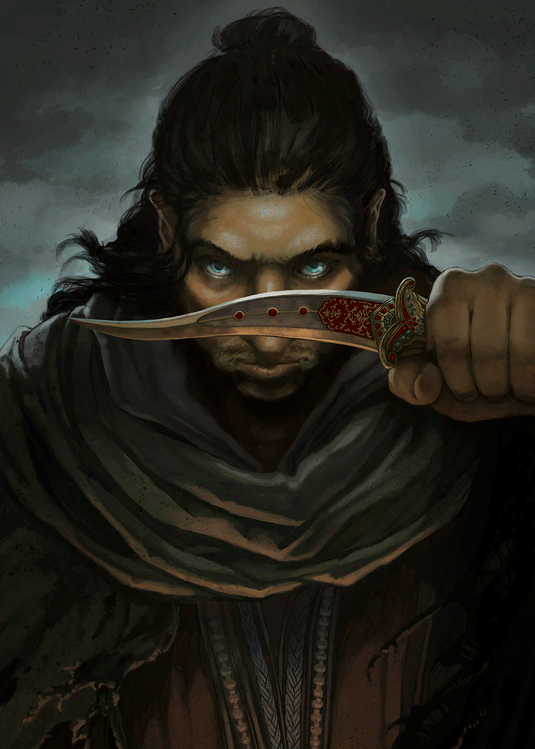
Lately she has been exploring darker fantasy elements, and adores the work. She says it has brought her the levels of inspiration and motivation that the work she is known for never did.
"I'll always love the older work I've done and won't stop doing it when the mood strikes," she admits, so she has created her own niches by separating these parts of herself into separate websites that appeal to different audiences.
"It's tough, but it's manageable and I think my audience as a whole are thankful for the division so they know exactly what they're getting when they look at one site or the other and as an artist, I continue to be inspired and happy to expand and follow my true passions without feeling like I'm losing sales and fans."
Style and Substance
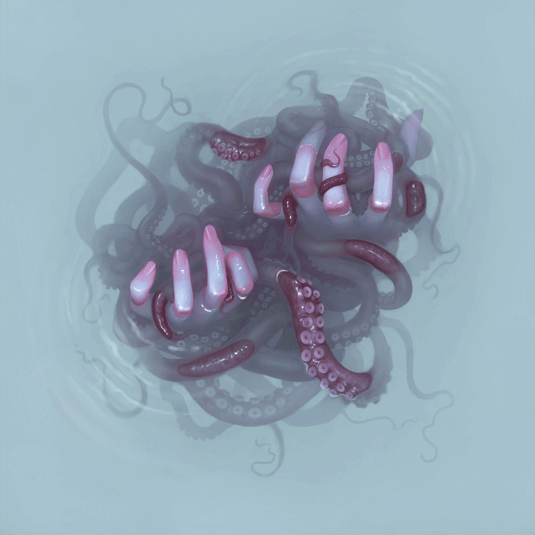
"My niche is middle-grade books. I kind of found my niche through my style and my style through my niche," reveals Kelley McMorris.
"I would go to the bookstore and drool over the middle-grade book covers and wish that I could be the one to illustrate them. Luckily my style also works for MG, which uses mostly realistic, slightly stylized illustrations. It's kind of a chicken-or-the-egg thing: which comes first, style or niche?"
Cassandre Bolan creates a brand for herself, which can be an incredibly useful tool as an artist – this brand is usually the theme, message or intent behind her work.
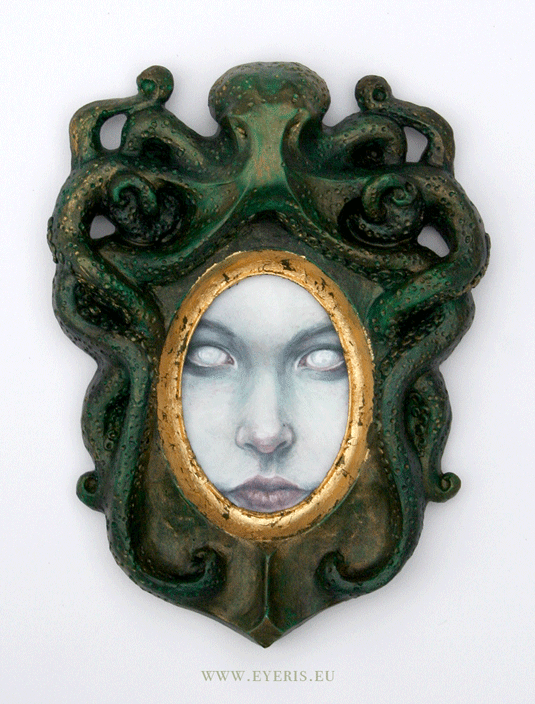
"I paint and sketch lots of things but I still focus mostly on my topic and most of what I share online is on topic so just because you're branding yourself doesn't mean you're limited.
"It just means you curate. I can find a ways make a landscape feminist, and figure drawing feminist as well so my practice work helps me brand. You can also experiment it master different styles this way because they're all tied together by your topic."
Branding yourself doesn't mean you're limited
Picking a broad topic can help you harness all of your creative desires (and being an artist usually means being passionate about countless things), so it can be useful when it comes to forging a career path.
"As with everything else, different paths are going to work for different people," offers Gwenevere Singley.
"I think a lot of the advice to specialize comes from fields where it's the norm, like some types of specialized concept art, or editorial art.
"When I was in school, the teachers with an editorial background told us to develop one narrow style, while others with more varied careers urged us to experiment. So it all depends who you ask."
Finding your feet
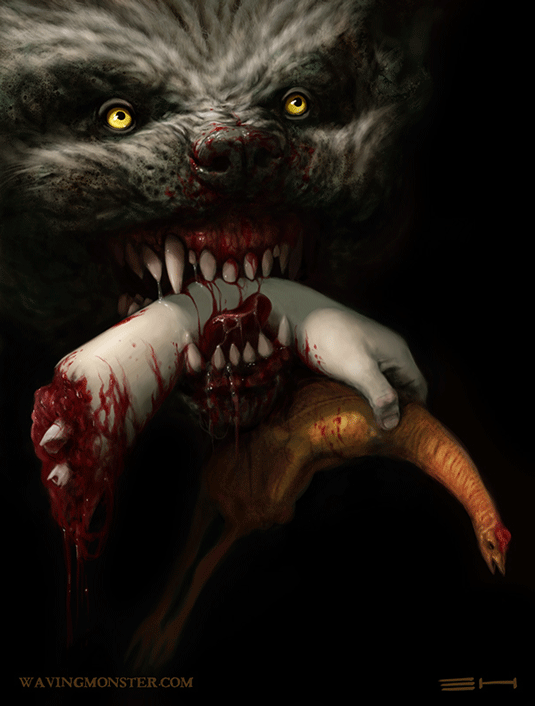
"Finding your niche comes as much from what you don't like as much as you do like," says Miranda Meeks.
"This includes drawing subject matter that appeals to you. In my opinion, subject matter is HUGE, it really helped narrow down my audience to people who like skulls and snakes, basically!
"It felt so natural and comfortable, and I was excited to draw these things, as opposed to machinery or something I feel like I have to force myself to draw." The most important thing is to evolve, practise and stay true to yourself and as corny as it may sound, 'follow your heart'.
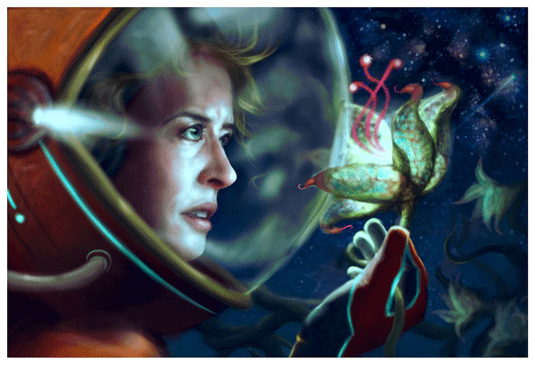
Iris Compiet has some words of wisdom: "I'm not concerned about fitting in anywhere, about finding my niche or style. I think if you're too preoccupied with all of this it takes away from the actual development or evolution.
"Just do the work, ask help or feedback, learn from that, take it onboard and work even more. In the end you'll find that you're developing a style or creating a niche and have been doing so for years."
As Lindsay Gravina so eloquently puts it, "Specialisation is helpful, and my own work would be stronger if it were more specialized. However, I don't think specialization must come at the expense of mastery."
Have the ability to do art well, those abilities cross over into many fields
Her opinion is that demand for your "specialization can vanish and in this situation it helps to adapt, and it's easier for artists with a strong skill set to adapt."
So practise the basics, learn every technique and it will pay off if you do end up specialising in a specific style.
"I see art as a craft which must be mastered," Lindsay continues. "That doesn't mean I expect to be the best at everything. It means when I have the ability to do art well, those abilities cross over into many fields. For example, the better I get at portraits, the better I also get at drawing everything else. It's not an either/or thing."
Identify your speciality
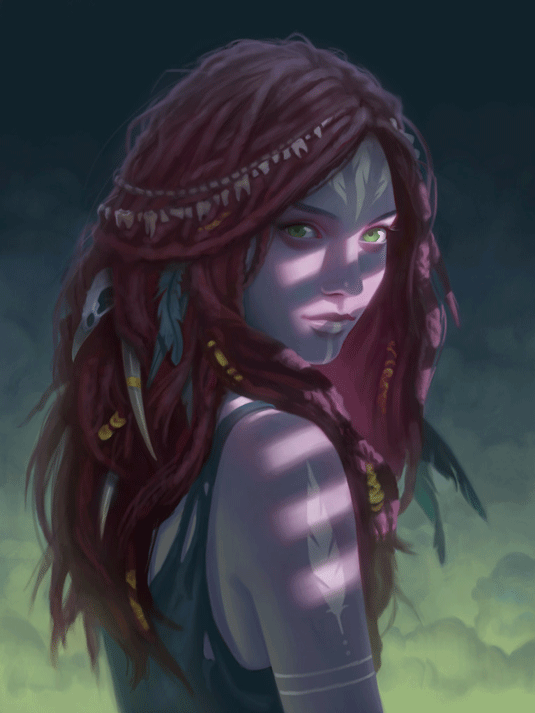
Here are Miranda Meeks top tips, if you still feel finding a specific niche is important to you...
- Try everything; it helps to determine what you don't like as much as what you do like
- Don't exclude subject matter as being irrelevant
- Your audience will gravitate to your work as your voice continues to be refined
- You will know when you've found your niche, because the people feel like YOUR people, and you won't want to leave for a different niche.
Like this? Read these...

Thank you for reading 5 articles this month* Join now for unlimited access
Enjoy your first month for just £1 / $1 / €1
*Read 5 free articles per month without a subscription

Join now for unlimited access
Try first month for just £1 / $1 / €1
Get the Creative Bloq Newsletter
Daily design news, reviews, how-tos and more, as picked by the editors.
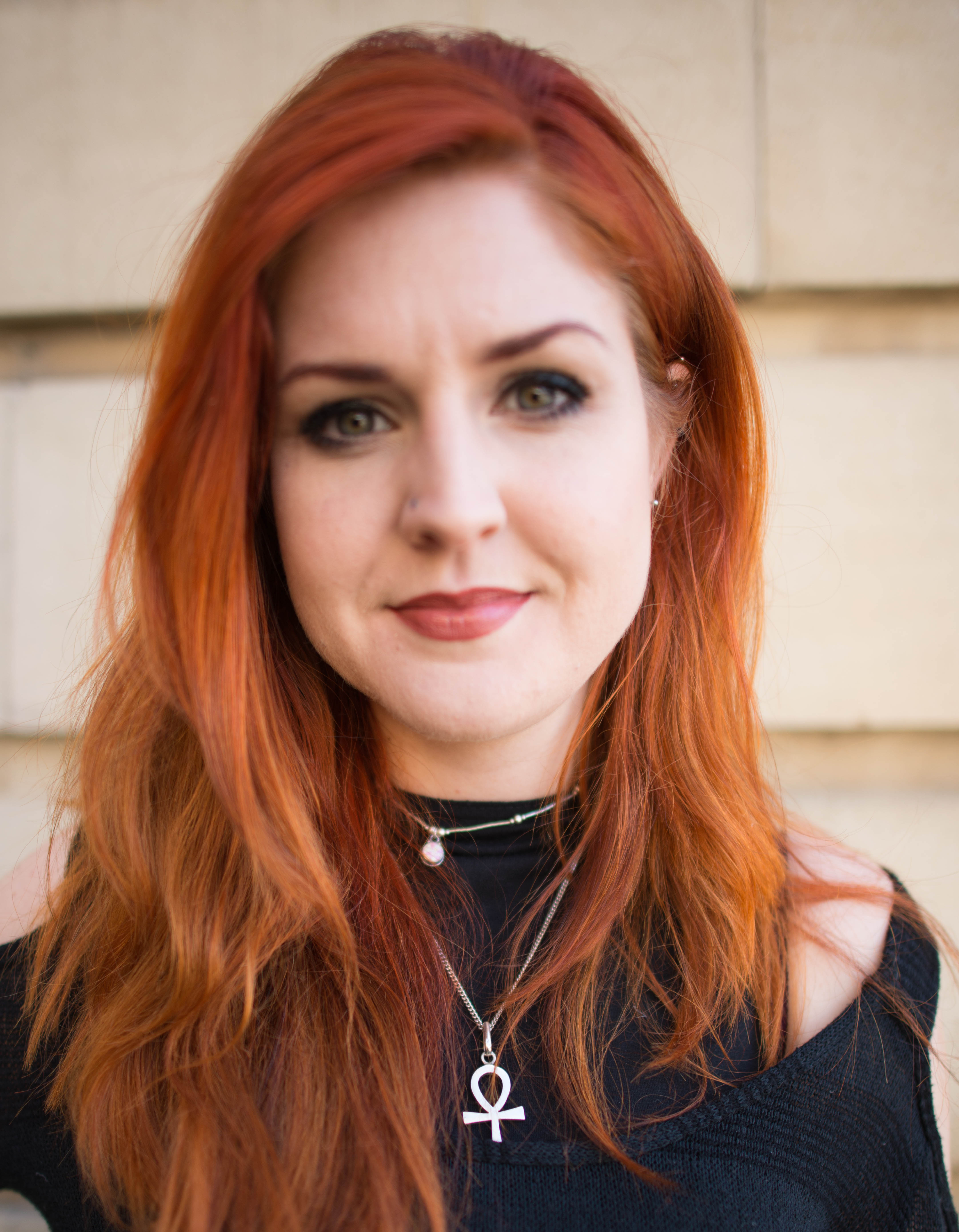
Alice Pattillo is a freelance journalist with a passion for heavy metal, horror, science fiction, fantasy and comics. She has over seven years experience in magazines, formerly working as a staff writer at Creative Bloq, Imagine FX, Computer Arts and 3D World, as production editor for Guitar World and Guitar Player and online editor of Metal Hammer.
